


TibaSalama Digital Health Company Limited is a Tanzanian-based social enterprise committed to transforming maternal and child health for underserved populations—particularly pregnant women and children aged 0–5 years in rural areas.
Registered under the Companies Act of 2002 with registration number 182700592 by the Business Registrations and Licensing Agency (BRELA), TibaSalama operates from its Headquarters in Dar es Salaam and a Sub-Office in Tanga and Dodoma Region, serving communities across Tanzania.
Many pregnant women and young children in rural communities across Tanzania face serious health challenges—or even lose their lives—due to preventable and treatable conditions. The reasons are many:
TibaSalama exists to change that story—by bringing healthcare closer through digital transformation, empowering communities with knowledge and the right tools, and ensuring no woman or child is left behind.
Tiba Salama aims at eliminating preventable maternal and child deaths, closing the equity gap in healthcare services, and ensuring every family has the opportunity to live with dignity and hope.

By leveraging digital innovation, technology, close collaboration with Community Health Workers (CHWs) and Local Government Authorities (LGAs), we bring quality, affordable healthcare services closer to those who need them most. while also strengthening the economic resilience of families in rural Tanzania.

TibaSalama bridges healthcare gaps in rural and remote areas by:
This initiative also serves as a key source of income generation for the company, enabling us to sustain operations and expand our services to reach more communities.

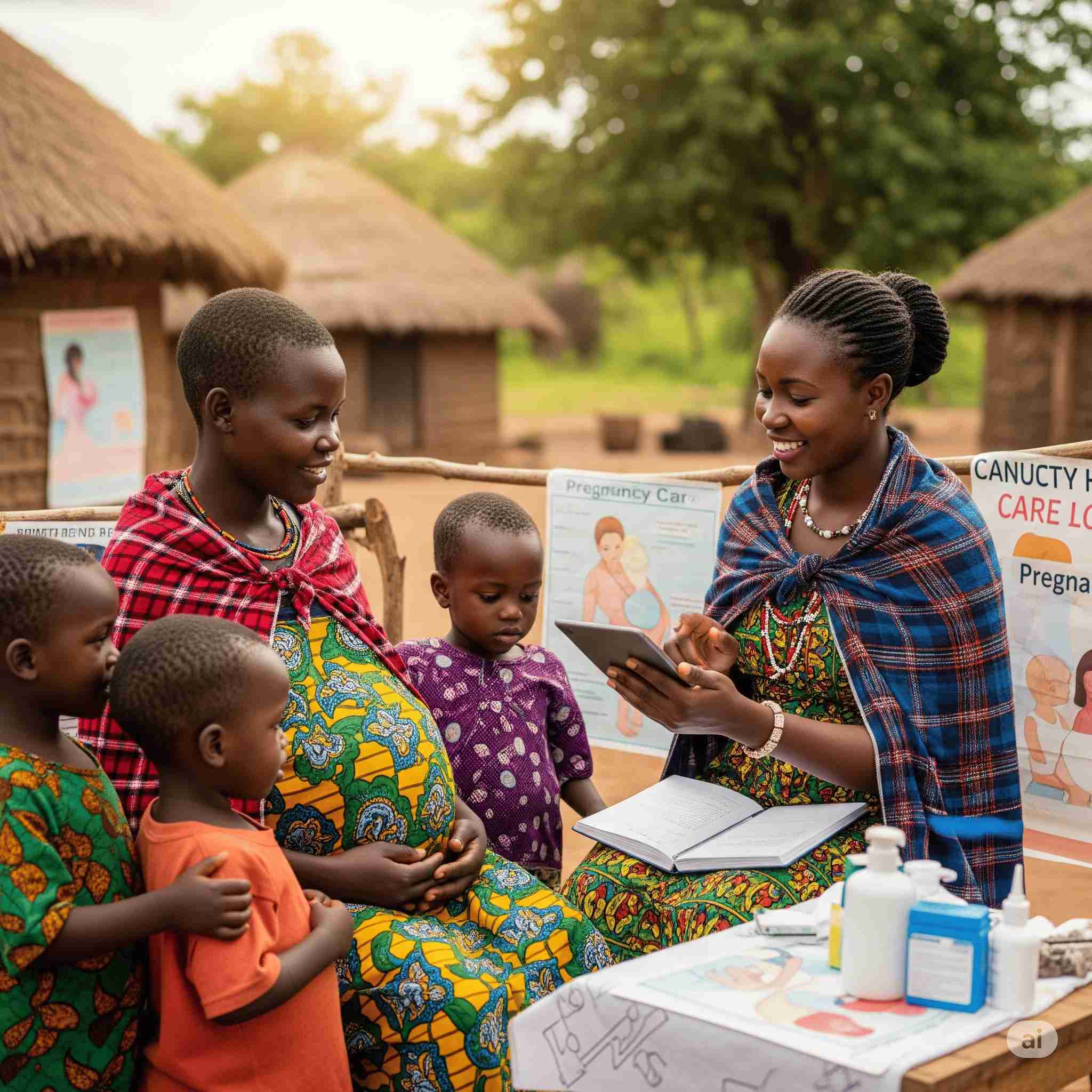
Each year, thousands of women and newborns in Tanzania lose their lives due to preventable complications during pregnancy and childbirth. Recognizing this urgent challenge, the Government of Tanzania has prioritized maternal and child health and continues to invest in improving healthcare systems. TibaSalama stands alongside the government in these efforts, working collaboratively to address gaps in service delivery.
As part of our commitment, TibaSalama has expanded its services to reduce maternal and child mortality through the use of digital technologies and by engaging Community Health Workers (CHWs) at the grassroots level.
Through a robust system of monitoring, education, and timely referrals, we aim to reach pregnant women and young children in rural and hard-to-reach areas. Our mission is to ensure that every mother and child receives quality, timely, and safe care—from pregnancy through the crucial first five years of a child’s life.
At TibaSalama, we are committed to ending preventable maternal and child deaths. Our approach is rooted in public health science, community realities, and innovation. We align with the global Three Delays Model — and expand it through our own Model of Change.
The Three Delays Model outlines the major barriers that prevent mothers and babies from receiving timely, life-saving care:
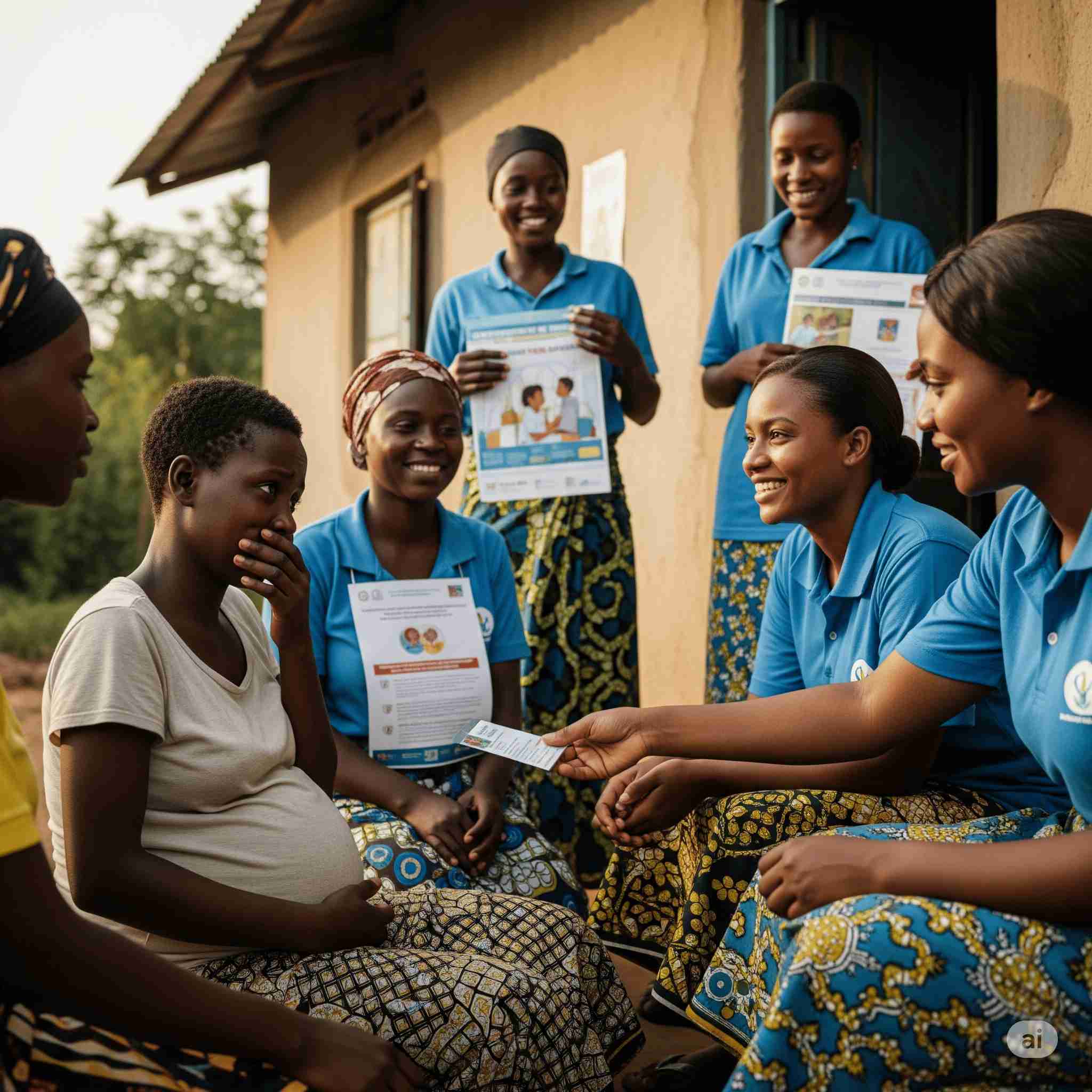
Many families delay seeking care due to lack of awareness, stigma, or financial limitations. TibaSalama tackles this through:
This helps families act early before complications arise.
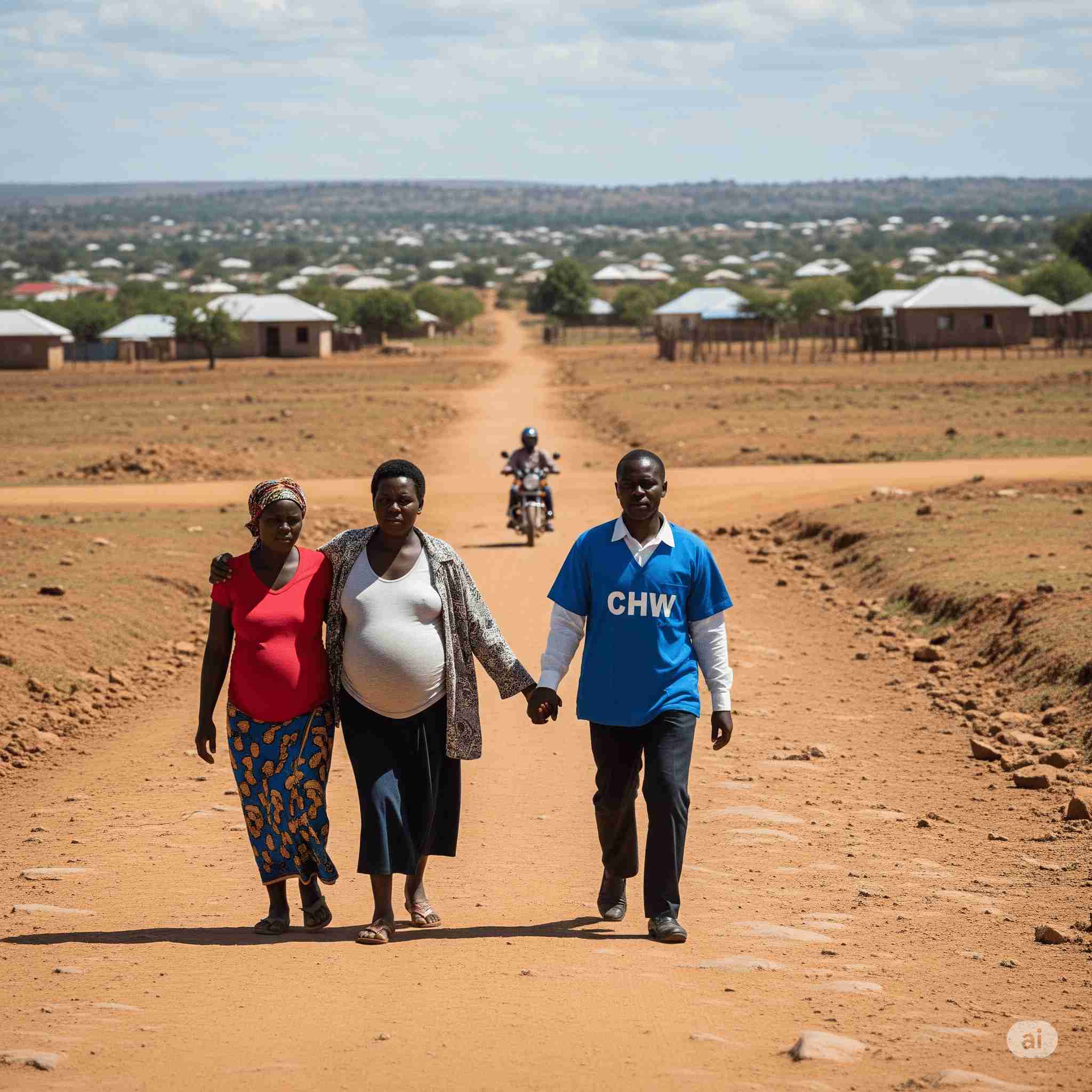
Even after deciding to seek help, many women struggle to reach care due to transportation issues or distance. We respond by:
This ensures faster access to essential services.
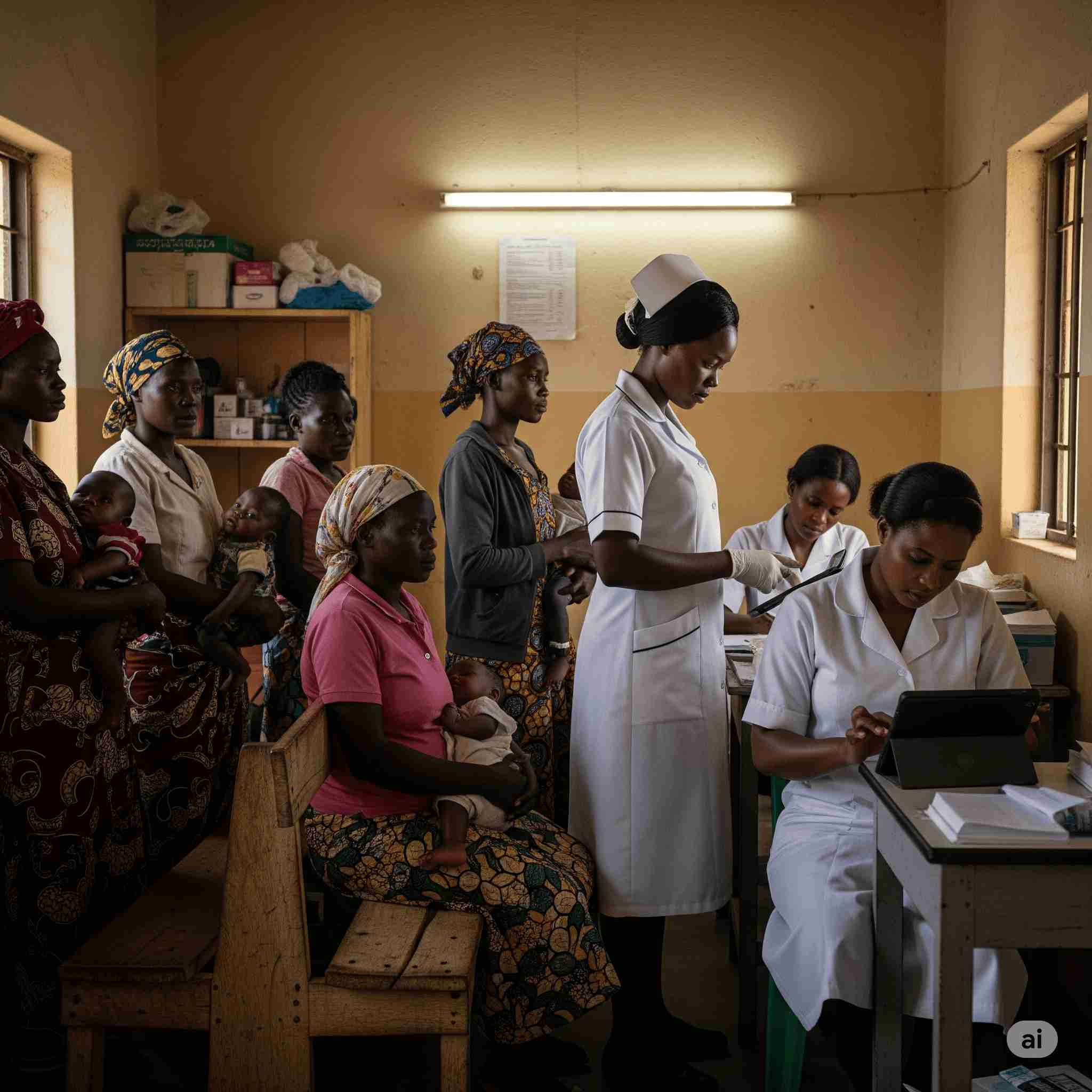
Arriving at a facility doesn’t always guarantee immediate care. Delays may be due to:
We improve quality by working with facilities to enhance systems, digitize workflows, and ensure respectful, timely care.
TibaSalama addresses all three delays simultaneously — because timely action saves lives.
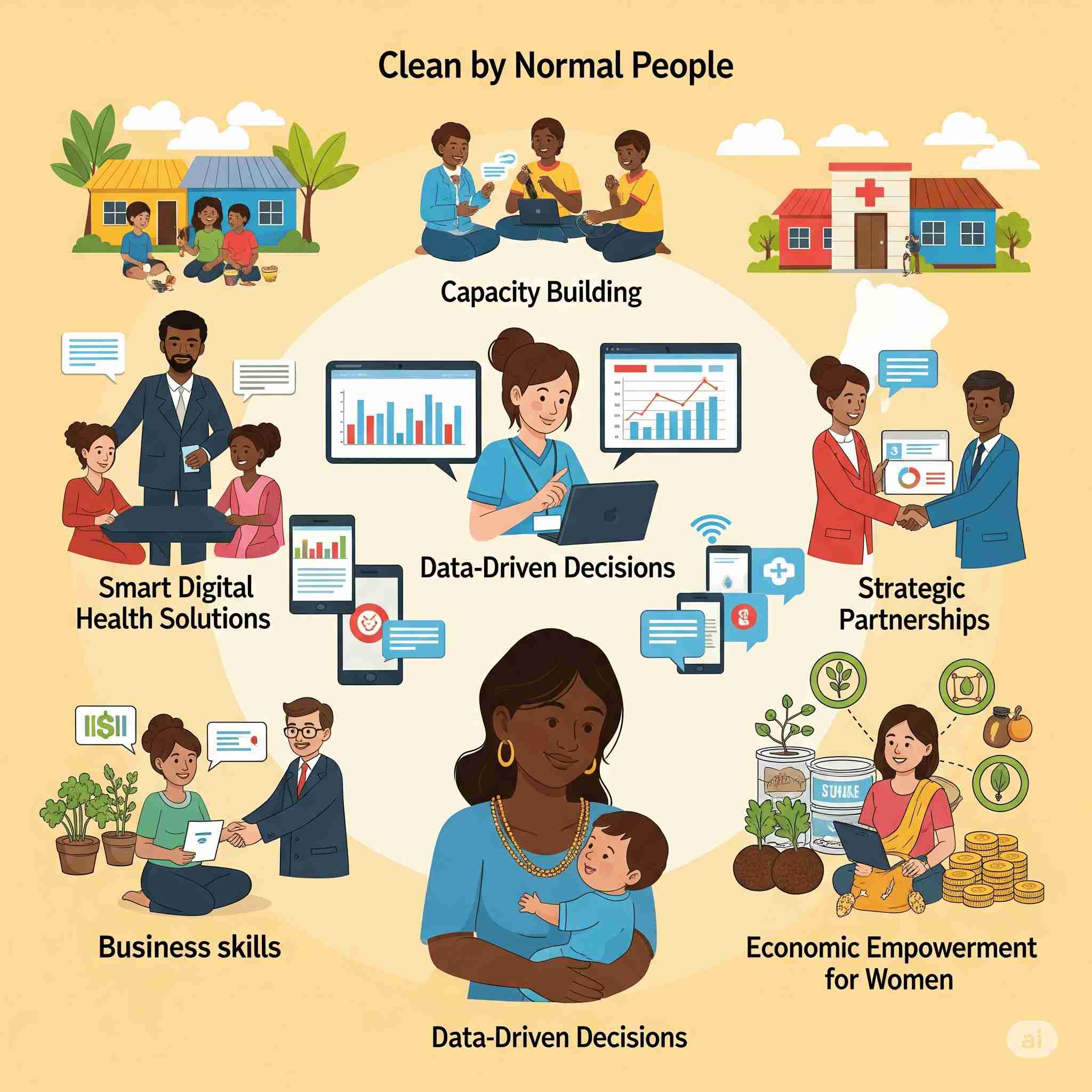
Going beyond barriers, our Model of Change drives solutions. It integrates five pillars designed to transform maternal and child health — sustainably and at scale.
Real-time data helps us monitor progress, identify gaps, and improve outcomes for mothers and babies.
We train CHWs and facility staff to deliver high-quality, compassionate care from the household to the hospital.
Tools like the e-Health MoM platform provide education, follow-up, and reminders — all in real-time.
We collaborate with the government, NGOs, and tech providers to scale solutions and strengthen health systems.
We offer financial tools, business training, and support to help women thrive during and after pregnancy.





